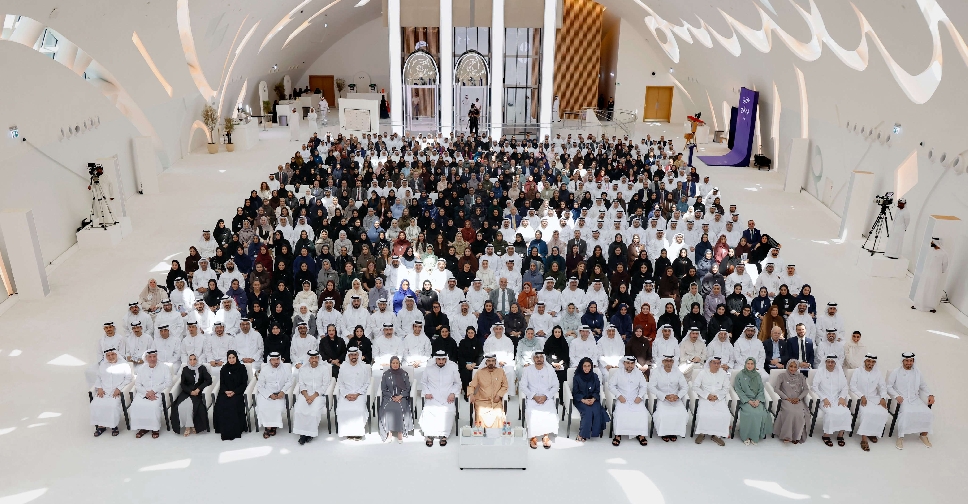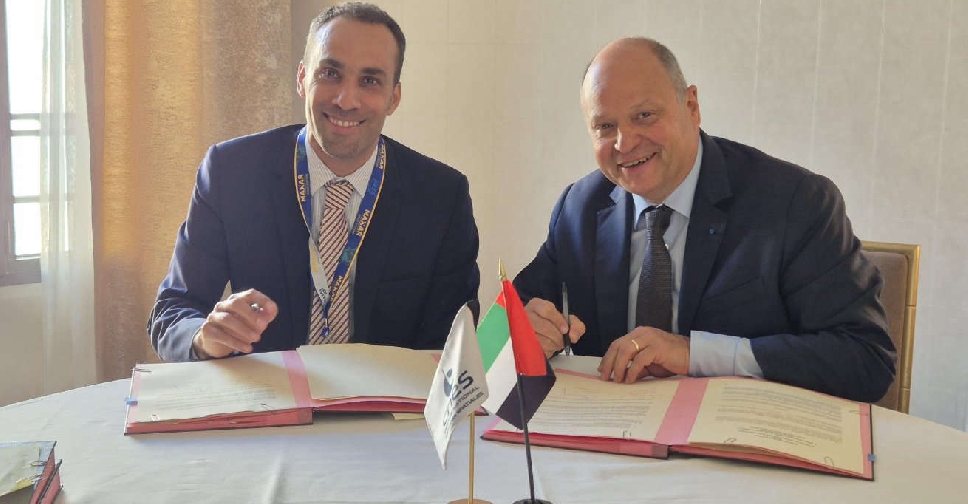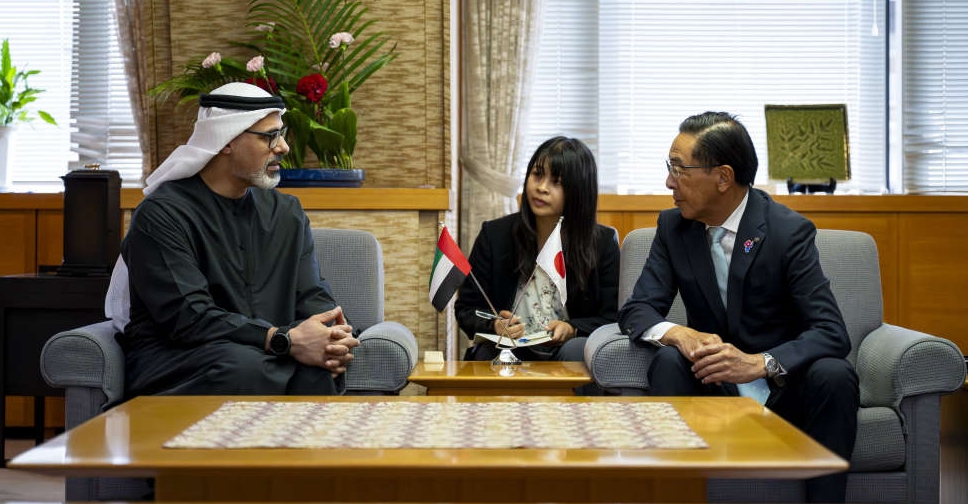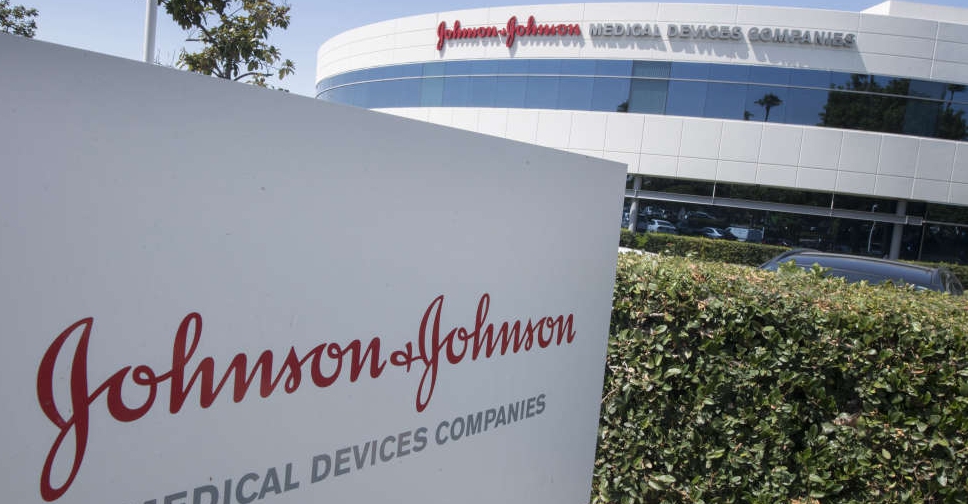
Johnson & Johnson said on Friday it is planning to break up into two companies, splitting off its consumer health division that sells Band-Aids and Baby Powder from its large pharmaceuticals unit.
The healthcare conglomerate will separate its consumer health business into a new publicly traded company. Rival Pfizer Inc had in 2019 combined its consumer health unit with GlaxoSmithKline plc in a joint venture.
Johnson & Johnson said it is aiming to complete the planned separation in 18 to 24 months, sending its shares up 5 per cent before the bell.
The company will retain its pharmaceuticals and medical device units, which sells drugs such as cancer treatment Darzalex. The units are expected to generate revenue of roughly $77 billion in 2021.
"The new Johnson & Johnson and the New Consumer Health Company would each be able to more effectively allocate resources to deliver for patients and consumers, drive growth and unlock significant value," said Joaquin Duato, who is expected to become J&J's chief executive officer in January.
The planned split comes days after U.S. industrial conglomerate General Electric Co said it would separate into three public companies to simplify its business and pare down debt.
On Friday, Japan's Toshiba Corp outlined plans on Friday to split into three independent companies.


 Etihad Airways to start services to Damascus next June
Etihad Airways to start services to Damascus next June
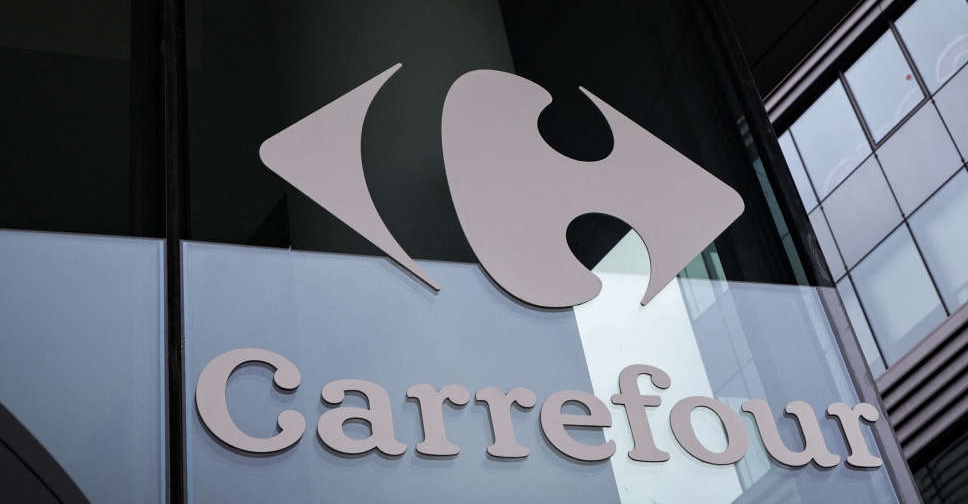 Exclusive: No impact on Carrefour supermarkets in UAE, says MAF
Exclusive: No impact on Carrefour supermarkets in UAE, says MAF
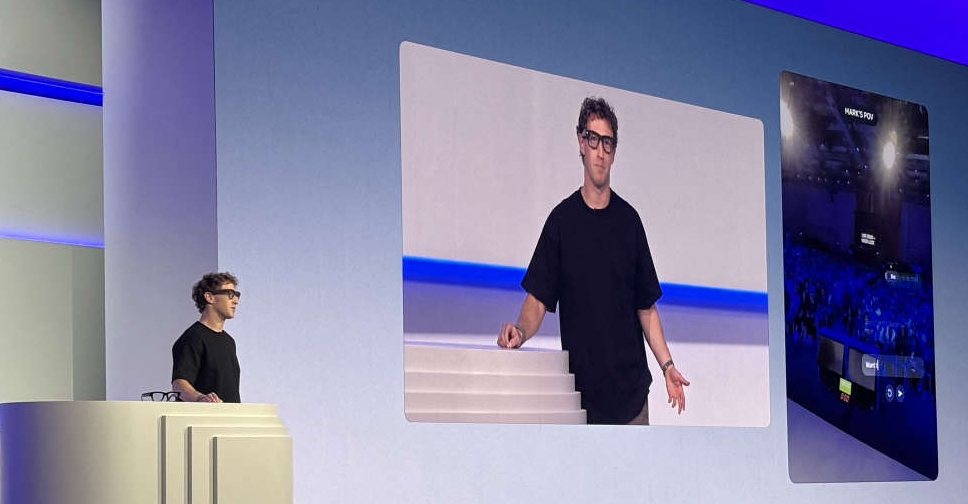 Meta launches 'superintelligent' smart glasses with built-in display
Meta launches 'superintelligent' smart glasses with built-in display
 Saudi Arabia, Pakistan sign mutual defence pact
Saudi Arabia, Pakistan sign mutual defence pact
 Dubai named 'Crown Jewel' of Middle East maritime sector
Dubai named 'Crown Jewel' of Middle East maritime sector
